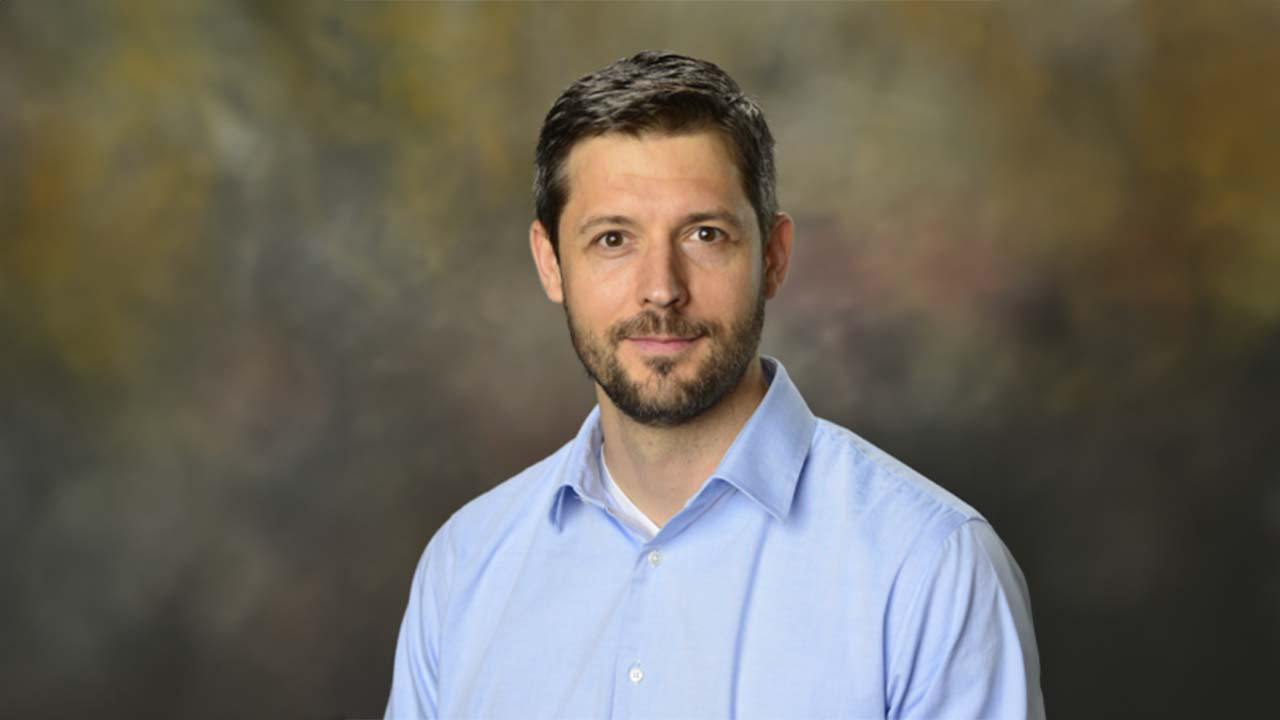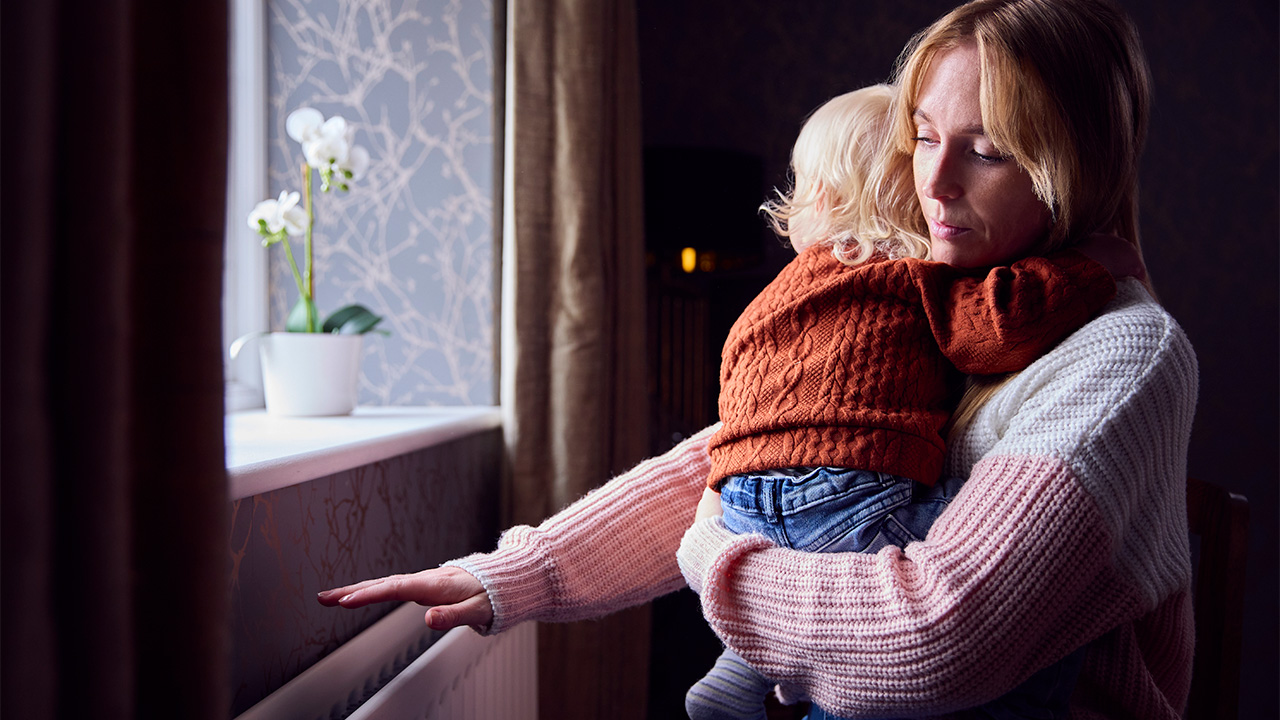content body

It’s common for teenagers to taunt one another, often targeting those who have less: Why are you wearing those old hand-me-down clothes? Are you always going to drive that beat-up car?
These classist insults can continue throughout adulthood, contribute to unfair treatment and leave a lasting impact on people’s lives. One Auburn scientist is exploring how social class discrimination can even connect to adverse health outcomes, from physical health to sleep.
“In my work, I’ve helped to highlight the role of social class discrimination in health inequities — a topic that’s been largely understudied in social and behavioral sciences,” said Auburn Professor Thomas Fuller-Rowell.
Fuller-Rowell is the director of the Health Equity Science certificate program and a faculty member with the College of Human Sciences Department of Human Development and Family Science. He has been the principal investigator or co-investigator on several research grants from the National Institutes of Health’s National Heart, Lung and Blood Institute and an AgR-SEED grant from the Alabama Agricultural Experiment Station.

Forging a research agenda with firsthand experiences
Fuller-Rowell grew up straddling socioeconomic groups — and across the pond.
Born in London, he lived in a diverse, lower-income neighborhood. His dad was a doctoral student in physics, while Fuller-Rowell was a first-generation college student on his mom’s side. When Fuller-Rowell was a teenager, the family packed up and moved to Boulder, Colorado: a place that was, in many ways, the polar opposite of his hometown.
“There was this massive contrast between the inner-city disadvantaged neighborhood where I grew up and this upper middle class, white neighborhood in the U.S.,” he said. “The combination of these different family backgrounds and my living experiences made me deeply interested in socio-economic status and racial diversity.”
He solidified these interests while working at a civil rights organization focused on housing discrimination in New York after graduating from college. The organization assisted people who had received Section Eight housing subsidies and helped them understand their rights.
“I would interview people about how their experiences being discriminated against impacted their lives,” he said. “It was illuminating to see the real-life consequences of unfair treatment, and also the structural factors leading to those challenges.”
Fuller-Rowell brought this firsthand insight to his doctoral studies at Cornell University, and now Auburn, where he is an expert on social determinants of health and the health impacts of racial and social class discrimination. In Fuller-Rowell’s earlier research on socioeconomic status and health, he discovered that social class discrimination is linked to poorer health in childhood and faster declines in physical health across the lifespan.
In recent work within the College of Human Sciences, he has collaborated with renowned sleep expert Mona El-Sheikh and Auburn alumna Ekjyot Saini to develop a new measure of social class discrimination. They used this measure to find that social class discrimination among adolescents is associated with poorer sleep, including daytime sleepiness, lower sleep efficiency and sleep-wake problems.
What’s more, the scientists discovered that social class discrimination explained a portion of the established association between socioeconomic status and sleep.
“This study underscores the importance of understanding how attitudes in society relating to social class can have a real impact on people’s lives,” he said.
Fuller-Rowell said these findings are timely, given that some of his research suggests prejudiced attitudes and discrimination toward less advantaged socioeconomic groups may be increasing in the U.S.

Adopting a bird’s eye view to uncover what’s working worldwide
So far, Fuller-Rowell has focused on various ways that social class impacts an individual’s health — but the next phase of his work is to examine the association between social class and health from an international comparative perspective.
“If we only understand the individual level, it’s hard to make big strides towards addressing larger issues in society,” he said. “The studies that I am currently developing look at the role of social class across different national contexts and time periods in order to understand how macro-level processes are shaping how socioeconomic status influences people’s health.”
Fuller-Rowell is especially interested in understanding which policy changes are helping improve health outcomes around the world: a crucial topic given that lower socioeconomic status is linked to adverse health outcomes, including shorter life expectancy and higher rates of disability and diseases.
He is currently analyzing large-scale existing datasets, including from the World Bank, and the World Inequality Database that provide country-level economic, policy and health data.
“We can look at changes in the degree to which socioeconomic status is linked to health and how those changes may be connected to changes in policy, or country-level characteristics more generally that could be driving the link,” he said.
Fuller-Rowell said he enjoys working closely with graduate students who are from around the world including Bangladesh and Nigeria. After graduating, Fuller-Rowell’s students have moved on to impactful careers in academia and industry.
“It’s exciting to be able to support these students in exploring how these topics relate to the countries where they come from and see their passion for bringing that knowledge back to try and inform policies in those contexts,” he said.
Fuller-Rowell may be a full professor, but he is also just getting started.
“I’m quite future focused, so I don’t spend a lot of time thinking about the studies that I’ve published in the past. Hopefully those studies will be useful, but mostly I’m thinking about what’s next,” he said.
Pursue your passion for policy and health outcomes.
Click here



